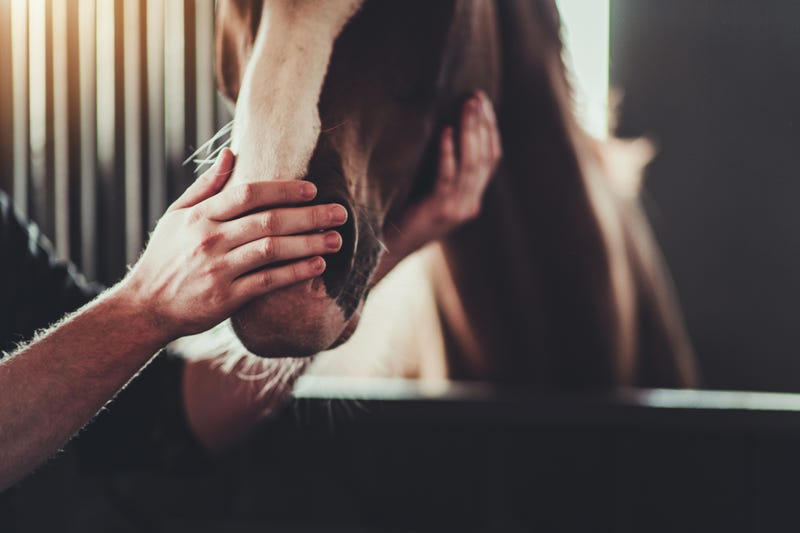
(WWJ) - A horse in Roscommon County tested positive for a dangerous mosquito-borne disease that affects both people and animals, state officials confirmed on Thursday.
The Michigan Department of Agriculture & Rural Development said Eastern Equine Encephalitis (EEE) was detected in a 14-year-old Percheron mare in the Northern Michigan county just south of Grayling.
"EEE is one of the most dangerous mosquito-borne diseases in the U.S., with a 90 percent fatality rate among horses that become ill and a 33 percent fatality rate among humans who become ill," State Veterinarian Dr. Nora Wineland said of the disease.
According to officials, the horse fell ill on Sept. 2 and began displaying colic-like symptoms. The horse's illness progressed into neurologic signs—including "muscle tremors, dog sitting, and being down with an inability to rise," she said.
"The horse was unvaccinated against EEE and was humanely euthanized due to the severity of her condition," Wineland added.
It is the state's second confirmed EEE case in a domestic animal, but the first one discovered in Roscommon County.
At this time, there are no confirmed cases in humans, MDARD said in a prepared statement.
Wineland said the most recent case shows just how important it is for people to take precautions as the disease is circulating among the state's mosquito population.
EEE is usually seen from late summer into early fall every year in Michigan, but the illness can still pose risks until temperatures fall below freezing, officials said.
The disease is spread by mosquitos, not through by horse-to-horse or horse-to-human contact. A list of some precautions residents can take are as follows:
• Place livestock in a barn under fans during peak mosquito activity (from dusk to dawn)
• Eliminate standing water on one’s property
• Use an insect repellant on animals that is approved for the species
• Contact a veterinarian to vaccinate horses against EEE and other mosquito-borne diseases
"Also, please contact a veterinarian if a horse shows signs of the illness: mild fever and stumbling, which can progress to being down and struggling to stand," MDARD added.
For more information about EEE, please visit michigan.gov/eee.
